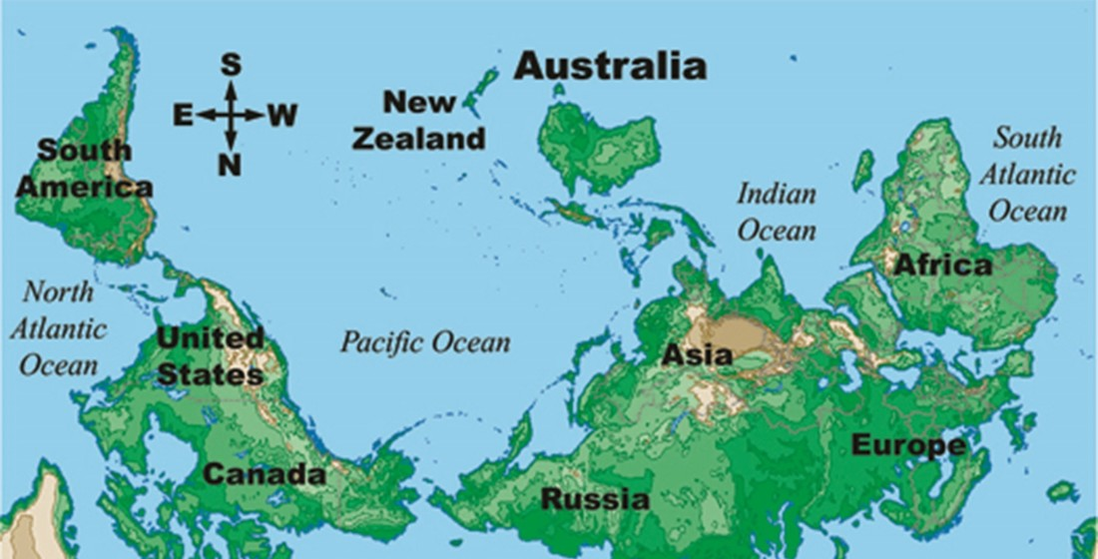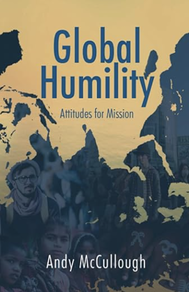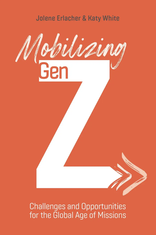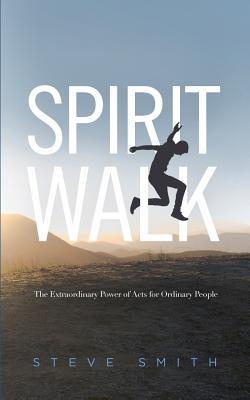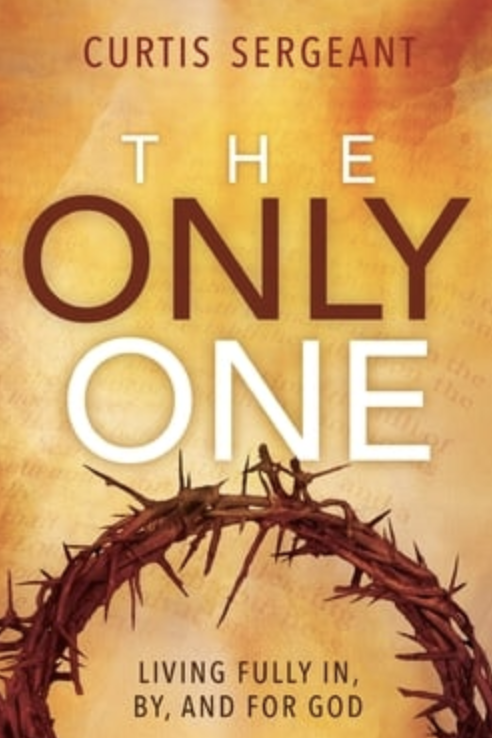When my son was six years old, he returned from his Turkish kindergarten class one day singing a new song - it was more of a chant really. "Ataturk yoktu, dushmen choktu. Ataturk geldi, dushmen yenildi!" It was a chant celebrating Ataturk, the founder of modern Turkey and someone who is reveared in Turkish culture. It was a chant celebrating Ataturk's guidance as a general during the first world war in keeping the Allied forces of Britian, Austalia and New Zealand from conquering Istanbul and gaining control of the Bosphorus Straight. It was a different view of the history I had learned in school. The words in essense say, without Ataturk our enemies were many but when Ataturk came he drove them out! Wait a minute! My home country - the United States - were on the side of the Allies. We weren't the enemies. Were we? Should I set my son straight? Tell him how history really happened? "We" were the good guys and "They" were the bad guys, right? If you begin to serve or live cross culturally, you will need to get used to these sorts of interactions. It seems that not everyone in the world views history through the same lense as the American history teachers who wrote my text books growing up. You'll meet Australian friends who will insist we've been using upside down maps our whole lives. You'll meet many from the Middle East (why is it the Middle East and not Middle West?) that believe that the Crusades were the work of greedy, blood thirsty crusaders and that the invasion of Iraq in the early 2000s was only about taking control of the oil. One Sunday morning at our very international church in Istanbul, when one of my American friends bemoaned the loss of influence that the U.S. was having on the world, one of my British friends let out a hearty "AMEN!" Outside of those that grow up in cross cultural experiences (like my son) , most of us grow up learning about the world through a very particular lens, one that, in general, paints "us" as the good guys and all of history moving toward "our" present reality. It's a narrow lens. As cross cultural ambassadors for Christ we must be prepared to humble ourselves and let go of our need to defend or promote our version of history. We are therefore Christ's ambassadors, as though God were making his appeal through us. (2 Corinthians 5:20; NIVUK) We are Christ's ambassadors and we can leave the ambassadorial work of representing our country to the U.S. diplomatic corp. Humility recognizes that, while I may not see it through the same lens, other people in other cultures might just have another view of things. There is a pride and an arrogance that tends to have us placing our group at the center of history - or of maps. Maps made in the U.S. during the cold war always seemed to put the U.S. square in the middle and then cut the U.S.S.R in half, relegating the largest country in the world to the fringes. Germans made maps for ages that placed them squarely in the center of the page - even though they are 60 degrees north of the equator. This required shrinking Africa(20% of the earth's surface) and enlarging Europe (7% of the earth's surface) until they were nearly the same size. And Australians printed maps that put them front and center at the top of the world! Is one map right and the others all wrong, or are they just maps of the same earth from very different perspectives? If we want to be Christ's ambassadors in a lost and broken world, it is helpful walk humbly into these sorts of conversations, recognizing that, right or wrong, everyone has their own perspective and that, when it comes to history, there is a lot more grey than we probably realize. And that is okay because while I may feel uncomfortable with my son learning a little different version of history than I did, the kingdom of God is not in trouble. The people you meet will most certainly view the world differently than you do. Will you be ready to hear their story and recognize that there are other perspectives than your own? Are you willing to learn? To place yourself in their shoes? For the sake of the gospel are you willing to see the world through their eyes? Take a nest step: Philippians 2: 5-11 Bible Study Instructions: Read the passage 2 - 3 times and then answer the following questions.
0 Comments
Your comment will be posted after it is approved.
Leave a Reply. |
The E2E Community
Categories
All
Good Books
Archives
April 2024
|
Proudly powered by Weebly

